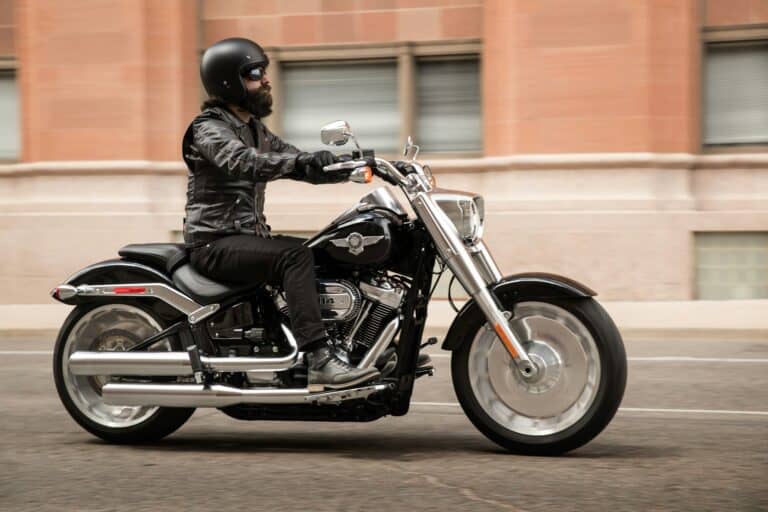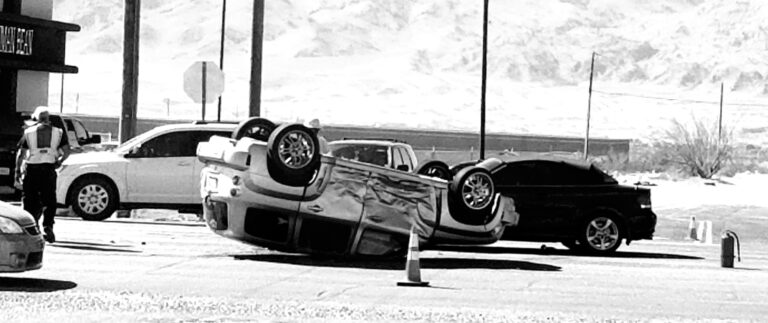Motorcycle Helmet Laws and How They Impact Accident Claims in Westminster

Motorcycle enthusiasts enjoy the freedom and excitement of riding, especially in a state as beautiful as Colorado. However, safety is a crucial aspect of motorcycle travel that cannot be overlooked. Whether you’re navigating the streets of Westminster or cruising through scenic routes nearby, understanding Colorado’s motorcycle helmet laws and how they impact accident claims is essential for protecting your rights and well-being. This article will delve into the state’s helmet regulations, their implications for accident claims, and key steps to take if you’re involved in a motorcycle accident.
Introduction: The Role of Helmet Laws in Safety and Legal Claims
Motorcycle helmet laws are designed to protect riders from severe injuries in the event of an accident. These laws not only play a significant role in rider safety but can also impact the outcome of accident claims and compensation. For riders in Westminster and across Colorado, knowing these laws and understanding their implications can make a substantial difference when navigating insurance and legal processes.
Colorado’s Motorcycle Helmet Laws Explained
1. Helmet Requirements by Age
In Colorado, motorcycle helmet laws vary based on the age of the rider:
- Riders and passengers under 18: Must wear DOT-approved helmets while on a motorcycle.
- Riders and passengers over 18: Helmets are not legally required but are highly recommended for safety.
2. Eye Protection Requirements
Regardless of age, Colorado law mandates that all motorcycle riders and passengers use some form of eye protection, such as goggles or a visor, to ensure clear visibility and protect against debris.
Example Scenario: A motorcyclist in Westminster over the age of 18 opts not to wear a helmet while riding. Although this is legal, it can have significant implications for their safety and potential accident claim.
How Helmet Use Impacts Accident Claims
1. The Role of Comparative Negligence
Colorado follows a comparative negligence system, which means that if you are partially at fault for an accident or your injuries, your compensation may be reduced by your percentage of fault. If a motorcyclist chooses not to wear a helmet and sustains head or neck injuries in an accident, the insurance company or court may consider this decision when determining compensation.
Example: A motorcyclist involved in an accident in Broomfield did not wear a helmet and sustained significant head trauma. While the other driver was found primarily at fault, the motorcyclist’s decision to forgo a helmet resulted in a 20% reduction in their compensation, as their injuries could have been mitigated by helmet use.
2. Proving Negligence and Causation
In accident claims, it must be proven that the other party’s negligence caused the accident and resulting injuries. If you were not wearing a helmet and suffered head injuries, the other party’s defense may argue that your lack of helmet use contributed to the severity of your injuries, which can affect your claim outcome.
Benefits of Wearing a Helmet Beyond Safety
1. Enhanced Protection
Wearing a DOT-approved helmet significantly reduces the risk of head and neck injuries. This added layer of safety is especially important when riding in busy areas such as Denver and Aurora, where traffic congestion can increase the risk of accidents.
2. Stronger Legal Position
If you wear a helmet and are involved in an accident, your choice supports your claim for compensation by demonstrating that you took appropriate safety measures. This can make it easier for your attorney to argue for full compensation, as your actions indicate a commitment to minimizing risk.
What to Do If You’re Involved in a Motorcycle Accident in Westminster
1. Seek Medical Attention Immediately
Regardless of whether you believe you are seriously injured, seek medical attention after an accident. Some injuries, such as concussions or internal trauma, may not show symptoms immediately but can become serious without prompt treatment.
2. Document the Scene
Take photos of the accident scene, including your motorcycle, any other vehicles involved, and road conditions. Collect contact information from witnesses who can corroborate the sequence of events.
3. Notify Your Insurance Company
Report the accident to your insurance provider as soon as possible. Be truthful about the circumstances, but avoid making statements that could imply fault until you have spoken with an attorney.
4. Consult with an Attorney
Navigating the complexities of motorcycle accident claims can be challenging, especially if your helmet use is called into question. Consulting with an experienced attorney can help you build a strong case, understand your rights, and pursue fair compensation.
Example Case: A motorcyclist in Westminster was involved in a collision and was wearing a helmet. Their attorney highlighted their compliance with safety measures, strengthening their claim and leading to a successful settlement.
Common Injuries in Motorcycle Accidents
Motorcycle accidents can lead to a range of injuries, including:
- Head and Brain Injuries: Concussions, traumatic brain injuries (TBIs)
- Neck and Spine Injuries: Whiplash, herniated discs
- Fractures and Broken Bones: Common in arms, legs, and collarbones
- Cuts and Abrasions: Road rash, lacerations
Conclusion: Protect Your Safety and Your Rights
While wearing a helmet is not mandated for adult riders in Colorado, choosing to do so can make a significant difference in both safety and legal matters. In the event of an accident, wearing a helmet may support your claim and enhance your chances of securing fair compensation. If you are involved in a motorcycle accident in Westminster or elsewhere in Colorado, taking proactive steps—such as seeking medical attention, documenting the scene, and consulting with an attorney—can protect your rights and support your recovery process.
FAQ
1. Is wearing a helmet mandatory for all motorcyclists in Colorado?
No, it is only mandatory for riders and passengers under 18. Adults over 18 are not required to wear helmets but are strongly encouraged to do so for safety reasons.
2. Can not wearing a helmet impact my accident claim?
Yes, if you sustain head or neck injuries and were not wearing a helmet, your compensation could be reduced under Colorado’s comparative negligence rule.
3. What type of helmet should I wear?
Wearing a DOT-approved helmet ensures you have adequate protection. Check for certification stickers before purchasing.
4. Will my insurance rates increase if I file a claim after a motorcycle accident?
Filing any claim can potentially impact your insurance rates. It’s best to consult with your provider or an attorney for specific guidance related to your case.
5. Should I consult an attorney if I was not wearing a helmet during the accident?
Yes, speaking with an attorney can help you understand how helmet use (or lack thereof) may impact your case and guide you in pursuing the best course of action for your claim.
4o






